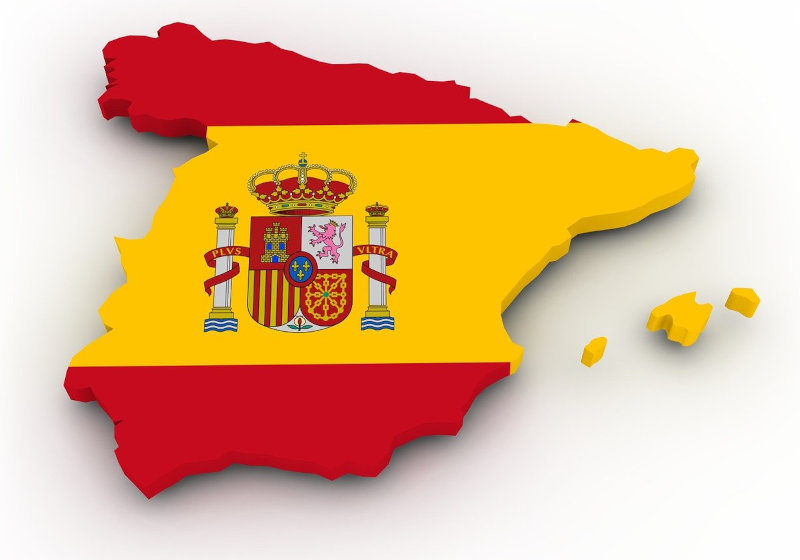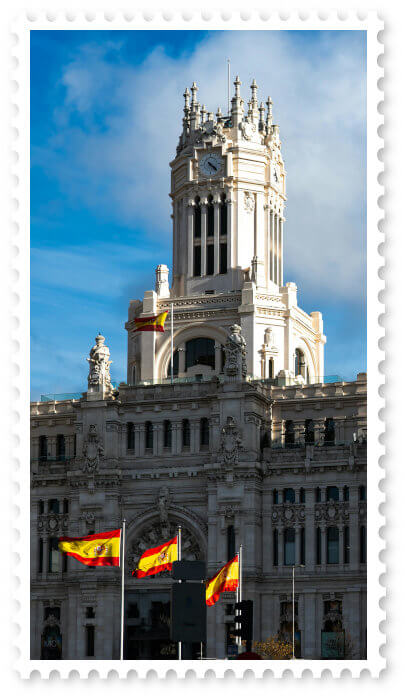News
Like everywhere also in Andalusia all kinds of interesting things happen every day, such as fiestas and festivals, culinary gatherings, processions, special exhibitions, but there's also news on the housing market or changed regulations. To make it easy for you, we bundle some interesting articles in this section so that you have everything at a glance.
-
08
Oct 2025
12 October: Día de la Hispanidad

On October 12, Spain celebrates again a national holiday: Día de la Hispanidad. A day full of history and symbolism, when the country commemorates the discovery of America in 1492 and the cultural richness that has since developed throughout the Spanish-speaking world.
What do Spaniards celebrate on this day?
Día de la Hispanidad recalls October 12, 1492, the day Christopher Columbus set foot in the New World. This moment marked the beginning of an era of exchange between Europe and the Americas – with a lasting influence on language, culture, and history.

The holiday was officially established in 1987 as Spain’s National Day. Since then, October 12 has become not only a day of pride but also one of connection: between Spain and the many countries where Spanish is spoken. It is also the day of the Virgen del Pilar, patron saint of Zaragoza and protector of the Guardia Civil.
How is Día de la Hispanidad celebrated?
Every year in Madrid, a large military parade takes place, attended by the king and the royal family. Streets and balconies are decorated with Spanish flags, and many cities host concerts, parades, and cultural events.
For most Spaniards, however, it’s also simply a day off — a chance to enjoy the late summer sun with family and friends, share a long lunch, or take a leisurely walk through the village.
The atmosphere in Andalusia
In Andalusia, Día de la Hispanidad has a more relaxed, local feel. Larger cities such as Seville, Granada, and Córdoba often host folkloric performances, concerts, and small parades. In villages and along the coast, people mostly use the day to gather together – with good wine, delicious food, and plenty of conviviality.
Some towns take the opportunity to highlight their bond with Latin America, with Cuban or Mexican music, or by adding traditional dishes from the colonial period to the menu.
More than just a holiday
Although Día de la Hispanidad is primarily a day of national pride, it’s also a time for reflection. It’s a moment to look back at Spain’s history, but also to celebrate what “Hispanidad” means today: a shared language, culture, and identity connecting millions of people around the world.
💡 Tip: If you’re in Andalusia on October 12, check the local event listings — many towns host performances and cultural activities on this day. This year, the national holiday falls on Sunday, October 12, and several regions have decided to move the day off to Monday, October 13, creating a long weekend, the well-known puente. Many shops and offices will therefore be closed on Monday the 13th.

